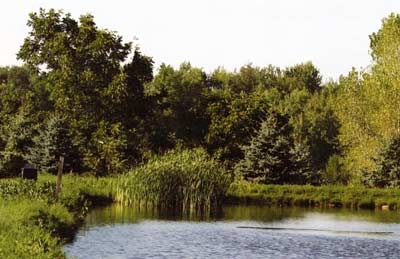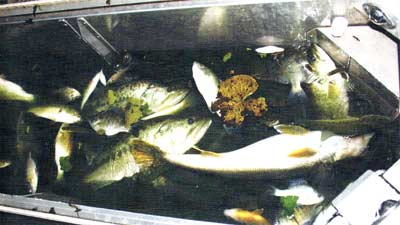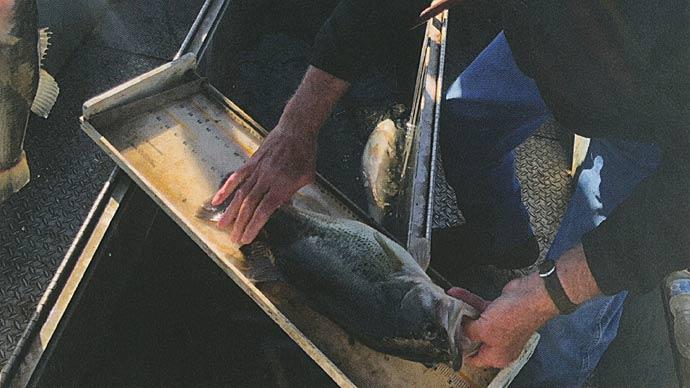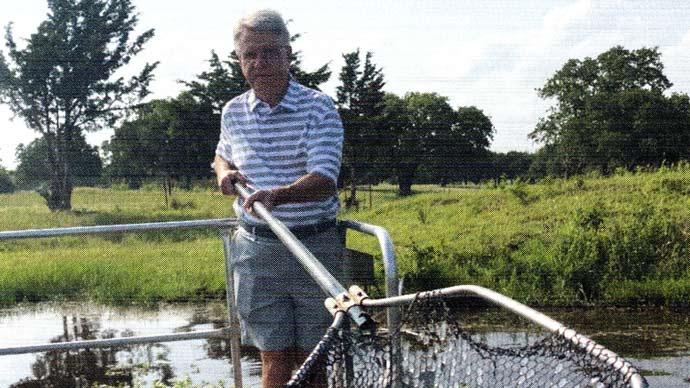
It's September! Yay! Labor Day, the end of summer (for some of you), kids are back to school, the fall semester has started, and your pond is beginning to set the stage for its trek into fall, then winter.
What happens to a pond in September, you might be asking? Good question. A lot.
It's made it past the harshest summer heat for the most part. Plants will soon start showing signs of going dormant. Cattails have headed out with their sporty-looking catkins.
Tips of their leaves are fading to brown. Most underwater plant growth has matured and stopped actively growing.
The autumnal equinox is September 23...our daylight hours are getting shorter. As the photoperiod hours shrink, it's a trigger for the plants to wrap it up for the year...in ponds, that is.
As plants top out, stop growing, and get ready for dormancy, keep in mind the mass of other living things that have made a living with these plants. Beneficial bacterial colonies grow on them, insects graze in that piece of the ecosystem, and tiny fish use mats of plants as a nursery ground.
The actual productivity of your pond should be reaching its peak, and its carrying capacity is likely as full as it can be for this year.
Your fish have been sluggish most of the summer. As the temperature falls into their better comfort zone, activity will pick up. Fish that make a living as predators will feast.... if the food is there.
Fishing will be as good as it can get over the next few months. Fish have an inherited sense to gorge themselves this fall to prepare for the harshness of winter. They only have until water temperatures drop into the mid-50s to grow, gain weight, and put on their winter stores of fat. Healthy fish need that to make it through the winter.
As the days grow shorter, your plankton bloom may make one more surge, offering its nutrient-laden plankton and microscopic algae into the food chain. Insects will take advantage, turning into food for small fish, which will be available to bluegill, redear sunfish, and bass.
If you are feeding your fish, ramp it up a notch. Offer what you can to assist your fish with their rapid growth desires. You'll be amazed how well they'll eat those high-protein pellets.
This window of Nature is opening now and will be there, depending on latitude, until November. These next few months are the best times for rapid weight gain and growth rates for the entire year.
Keep that in mind with your fisheries management.

If you need to cull underperforming fish or that underweight slot, get on it.
Don't waste precious live food on fish that won't make your roster for the long haul. What that means in English is to cull skinny fish, be selective and release the chunky, fatter fish, and make sure your fishery has plenty of food chain.
If you haven't booked an electrofishing survey this fall, call your professional and get on the calendar. September may not be the best time, but October certainly will be.
You can get a good read on how well your fishery performed this year and decide what to do to give it a nudge going into winter if you need to.
Now is the time to get your pond mindset in order.
I know hunting season is on us. I understand football season has kicked in. I know family cookouts and school events are looming.
Don't forget about that pond...it's a gift that can keep in giving if you give it a little attention, too.
Reprinted with permission from Pond Boss Magazine



